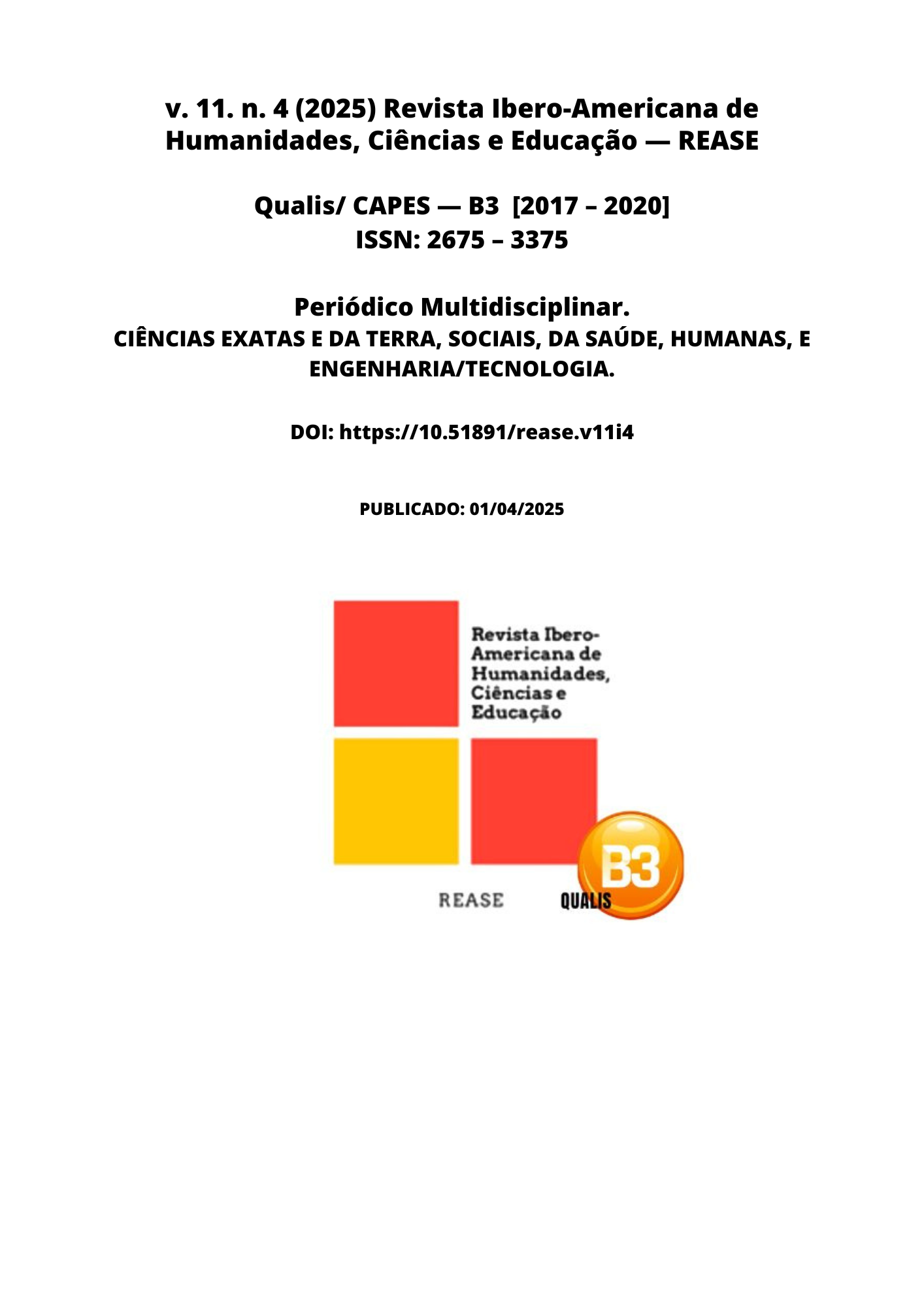DIGITAL MEDIA IN INCLUSIVE EDUCATION: OVERCOMING BARRIERS
DOI:
https://doi.org/10.51891/rease.v11i4.18684Keywords:
Inclusive Education. Digital Media. Assistive Technologies. Artificial Intelligence. Teacher Training.Abstract
This study investigated the challenges and solutions offered by digital media in inclusive education, with the aim of analyzing how technologies can overcome the barriers faced by students with disabilities in the school environment. The research was bibliographic in nature, conducting a review of the existing literature on the use of assistive technologies, such as educational software and adaptive tools, in the context of inclusive education. The development addressed the main obstacles to the implementation of technologies, such as the lack of teacher training, inadequate school infrastructure and resistance to innovation. Technological solutions that allow for the personalization of learning and the adaptation of content to the needs of students with disabilities were also discussed, highlighting the potential of artificial intelligence and other digital tools. The final considerations pointed out that digital media, when well applied, can promote educational inclusion, but its implementation depends on the continuous training of educators, pedagogical adaptation and investments in infrastructure. In addition, the research suggested the need for new studies on the effectiveness of these technologies in different contexts and in schools with different access conditions.
Downloads
Downloads
Published
How to Cite
Issue
Section
Categories
License
Atribuição CC BY

